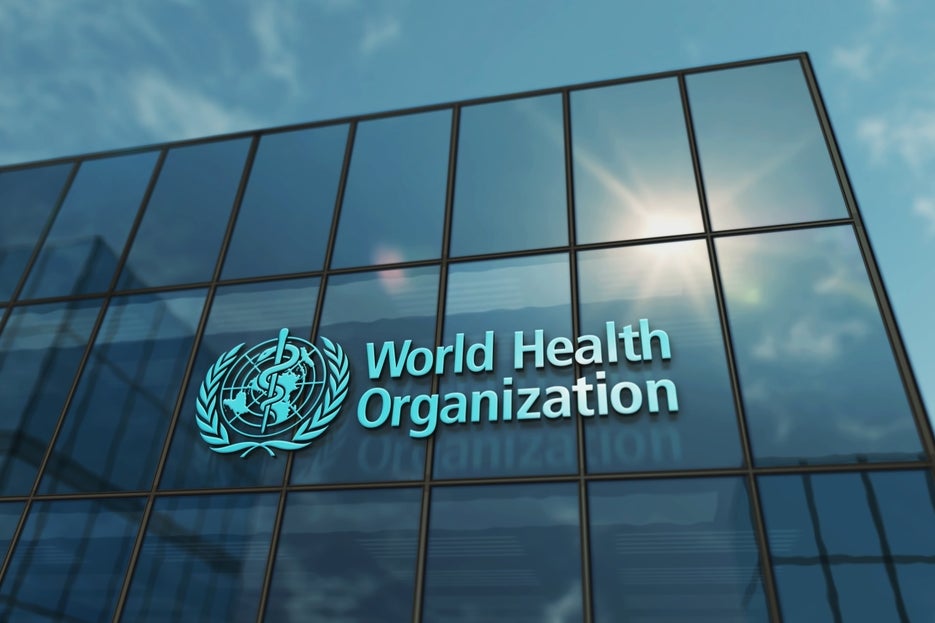Turbulent Times for Vaccines: The Impact of CDC-WHO Divergence and Emerging Threats
As the world grapples with the aftermath of the COVID-19 pandemic, the landscape of public health is evolving rapidly. The relationship between the Centers for Disease Control and Prevention (CDC) and the World Health Organization (WHO) is under scrutiny due to increasing tensions. This divergence in approaches raises significant questions regarding vaccine efficacy, public trust, and preparedness for emerging health threats, such as the highly pathogenic avian influenza (HPAI), commonly known as bird flu. Amidst these challenges, political figures like Robert F. Kennedy Jr. are entering the fray, potentially reshaping the dialogue surrounding vaccines and public health policy.
The Divergence Between CDC and WHO
The CDC and WHO have long been viewed as the backbone of global health initiatives, working in tandem to mitigate disease outbreaks and promote vaccinations. However, recent events have exposed a rift between these two organizations, leading to confusion and concern among healthcare professionals and the public.
Historically, the CDC has focused on domestic health issues within the United States, while the WHO addresses global health concerns. Nevertheless, their methodologies and responses to health crises have increasingly diverged. For instance, the CDC’s stance on certain vaccines has at times contradicted recommendations from the WHO, leading to public confusion about vaccine safety and efficacy.
- Vaccine Guidelines: Differences in vaccination schedules and recommendations have emerged, particularly concerning COVID-19 vaccines and their boosters.
- Communication Strategies: The CDC has been criticized for its communication regarding vaccine safety, which may differ from WHO’s global messaging.
- Policy Implementation: The CDC’s more localized approach can sometimes conflict with the WHO’s broader global health strategies.
This divergence has significant implications for vaccine uptake and public trust. As misinformation spreads, the public’s confidence in vaccines may wane, potentially leading to lower vaccination rates and increased vulnerability to outbreaks.
Emerging Threats: The Bird Flu Concern
As the COVID-19 pandemic subsides, new threats are looming on the horizon. The emergence of avian influenza, particularly H5N1, has raised alarms among health officials worldwide. This virus, primarily affecting birds, has shown the potential to infect humans, leading to severe respiratory illness and high mortality rates.
Recent outbreaks in bird populations have prompted calls for vigilance. The CDC and WHO are monitoring the situation closely, but the divergent strategies may impact the response to this emerging threat. The CDC has emphasized the importance of vaccination in poultry to prevent transmission, while the WHO has focused on global surveillance and response measures.
- Surveillance: Enhanced monitoring of bird populations and human cases is critical to prevent potential outbreaks.
- Vaccination Efforts: The development of vaccines for both poultry and humans is vital to curb the spread of avian influenza.
- Public Awareness: Effective communication strategies are essential to keep the public informed and prepared for possible outbreaks.
The Role of Political Figures in Vaccine Discourse
As the healthcare landscape shifts, political figures like Robert F. Kennedy Jr. are gaining prominence. His nomination for public office has sparked discussions around vaccine skepticism and public health policy. Kennedy has been a vocal critic of certain vaccine practices, advocating for medical freedom and parental choice regarding vaccinations.
While his message resonates with a segment of the population, it also poses challenges for public health officials. The rise of vaccine skepticism can undermine years of progress in immunization efforts. With Kennedy’s growing influence, healthcare advocates must find ways to counter misinformation and rebuild trust in vaccines.
- Engagement: Public health officials need to engage with communities to understand their concerns and address misconceptions about vaccines.
- Education: Increasing awareness about the importance of vaccines through transparent communication is crucial.
- Building Trust: Rebuilding trust in vaccines requires a collaborative approach that includes healthcare professionals, policymakers, and community leaders.
Strategies for Navigating Turbulent Times
In light of the challenges presented by the divergence between the CDC and WHO, as well as the emergence of new health threats, it’s essential to adopt proactive strategies to navigate these turbulent times for vaccines.
- Strengthening Global Cooperation: Encouraging collaboration between the CDC and WHO can lead to a more unified response to health crises.
- Investing in Research: Continued investment in vaccine research and development is crucial to stay ahead of emerging threats.
- Public Health Campaigns: Launching comprehensive public health campaigns to educate the public about vaccines can help mitigate misinformation.
- Enhancing Communication: Clear, consistent messaging from health authorities can build public confidence in vaccines and preparedness for outbreaks.
Conclusion: The Path Forward
The current landscape of vaccines is undeniably turbulent, shaped by the divergence between the CDC and WHO, rising concerns about avian influenza, and the influence of political figures like Robert F. Kennedy Jr. While these challenges are formidable, they also present opportunities for renewed commitment to public health and vaccine advocacy.
By fostering collaboration, investing in research, and enhancing communication, we can navigate these turbulent times and ensure that vaccines continue to play a pivotal role in safeguarding public health. As we face the future, it is paramount to remain vigilant, informed, and united in our efforts to combat emerging threats and bolster vaccine efficacy.
See more WebMD Network



